The Gestational hypertension is a complication during pregnancy. The blood pressure values exceed a limit of 140/90 mmHg in successive measurements. If bed rest and diet changes do not lower blood pressure, drug therapy can be used.
What is gestational hypertension?

© interstid - stock.adobe.com
In gestational hypertension, blood pressure increases significantly during pregnancy. The phenomenon is therefore also called Pregnancy hypertension designated. Hypertonic blood pressure is used if the systolic blood pressure is permanently or situationally above 140 mmHg or the diastolic blood pressure is permanently or situationally above 90 mmHg. Gestational hypertension can be associated with either no or protein in the urine and edema.
In combination with proteinuria and edema, we no longer speak of pure gestational hypertension, but of preeclampsia. If the pregnant woman suffered from arterial hypertension before pregnancy, there is no gestational hypertension.At around 30 percent, gestational hypertension is one of the most common causes of infant mortality during childbirth and, as a complication, also increases the risk of maternal mortality.
causes
Pregnancy hypertension affects the expectant mother in almost a quarter of all pregnancies. Gestational hypertension occurs almost exclusively in first pregnancies. Medicine suspects that the main cause is the increase in blood in the mother's bloodstream. This increase in blood is around 40 percent during pregnancy. In addition, the metabolism changes.
Both the carbohydrate and fat metabolism are affected by these changes. For example, blood sugar and blood lipids rise during pregnancy. These metabolic changes can also be related to the phenomenon of gestational hypertension. So far, the causes of high blood pressure have been rather speculative and scientifically not conclusively clarified.
Symptoms, ailments & signs
Usually, hypertension begins in the 20th week of pregnancy or later. Pregnancy hypertension causes the pregnant woman to complain of typical symptoms of high blood pressure. Headache or feelings of pressure may be present. More or less severe visual disturbances are just as common. High blood pressure can cause dizziness and nausea. Since the vascular pressure is also increased in the context of hypertension, those affected often urinate more frequently than before the hypertensive disease.
In the past, edema formation due to water retention was also given as one of the key symptoms. In the meantime, however, edema is no longer understood as a typical symptom of pregnancy hypertension. Water retention accompanies most pregnancies. Within three months of the birth, the phenomenon resolves in 85 percent of cases. The remaining 15 percent suffer from chronic high blood pressure after pregnancy.
Diagnosis & course
The diagnosis of pregnancy hypertension is made by measuring blood pressure. The limit is a value of 140/90 mmHg. The measurements take place at rest. A single measurement is not sufficient for diagnosis. Gestational hypertension is only present if the value exceeds the specified limit value in two successive measurements.
A urine sample is carried out to differentiate pure gestational hypertension from the special form of preeclampsia. A relatively favorable prognosis applies to mild gestational hypertension. Slightly increased values are therefore usually not a great risk for the mother and the fetus. However, if the gestational hypertension matures into preeclampsia and thus fosters further complications, the prognosis worsens. This can increase the risks for both the fetus and the mother.
Complications
In most cases of gestational hypertension, there is a strong increase in blood pressure during pregnancy. As a rule, the child remains unaffected by the disease, but different complications can arise for the mother. Headaches and dizziness increase during pregnancy.
This can be associated with feelings of pressure and nausea, so that the patient's quality of life is greatly reduced. The increased blood pressure can also lead to heart problems for the patient, which can be life-threatening. In the worst case, a heart attack can lead to death.
As a rule, gestational hypertension can be diagnosed relatively quickly and at an early stage, so that treatment can also be started early. In severe cases, gestational hypertension leads to premature birth. This can be associated with consequential damage and, in the worst case, with the death of the child.
However, the disease can be fought relatively easily again with a change in diet, so that there are no further complications and complaints. In some cases, treatment with the help of drugs is necessary.
When should you go to the doctor?
The recommendation for the expectant mother is to take part in all the examinations offered for preventive care or control during pregnancy. This is the best way to check the health of both mother and child. In the routine treatments, the blood pressure is measured so that irregularities can be recognized early and a quick diagnosis is possible. If there are irregularities outside of the examinations, a doctor should be consulted as soon as possible.
A rapid heartbeat, irregularities in the cardiovascular system or circulatory disorders must be discussed with a doctor immediately. If the feeling of internal heat persists, sweating, or hot flashes, see a doctor. If there is any inner restlessness, a feeling of illness or increased body temperature, a doctor is required. If the pregnant woman has the vague feeling that there are irregularities in the development of the child, she should consult a doctor.
If you have general weakness, an unusual drop in performance, sleep disorders or problems concentrating, a doctor's visit is necessary. If the existing eyesight is disturbed or the expectant mother suffers from headaches, she should consult a doctor. Consultation with a doctor is required from the second trimester if dizziness, persistent nausea or vomiting occurs. An unusually strong urge to urinate must be clarified.
Doctors & therapists in your area
Treatment & Therapy
Expectant mothers with gestational hypertension are initially well monitored. Monitoring is required not only during the remainder of the pregnancy, but especially during delivery. The expectant mother will also be informed by the doctor about the gestational hypertension and its possible consequences and causes. Ideally, this informative talk gives her sufficient understanding of the clinical picture in order to spare herself as much as possible during the rest of the pregnancy.
As a result of the education and monitoring, the hypertension has serious effects on the further pregnancy or the birth in only a few cases. The blood pressure is lowered early through drug therapies in order to reduce the risk of deficiency development or premature birth. The treatment of gestational hypertension cannot be causal, but only symptomatic. If the values are very high, the doctor will prescribe bed rest.
Any activity can further increase blood pressure. Physical protection for the mother is therefore essential in order to keep the risks to a minimum. As a rule, the mother is also advised to eat a balanced and pregnancy-compliant diet. A change in diet is often successful, especially with mild hypertension.
For drug therapy for hypertension, the risks and benefits must be weighed. Therefore, drug intervention is usually only recommended in severe hypertension. Not only extremely high values, but also persistently high values speak in favor of drug therapy. Alphamethyldopa, beta blockers or hydralazine can be used as antihypertensive drugs.
Outlook & forecast
Gestational hypertension is a temporary health condition that can only be diagnosed in pregnant women. It occurs during pregnancy and usually regresses independently immediately after the birth. The unborn child is not affected by the disease.
It shows no irregularities. Nevertheless, the high blood pressure can lead to an unwanted premature birth. The death of the infant is rarely documented. This depends on the time of the premature birth as well as the circumstances and medical care options for mother and child.
Although gestational hypertension causes various health problems and disorders in the expectant mother, the disease can be positively influenced independently by lifestyle and diet during pregnancy.
This minimizes existing complaints and increases general well-being. In some patients the course of the disease is chronic, despite all efforts. Increased vigilance is required here and blood pressure should be checked several times during the day at regular intervals.
There is the possibility of an inpatient stay until the end of pregnancy. Blood pressure is adequately regulated within outpatient or inpatient medical care so that serious complications can be avoided for most patients. Spontaneous healing occurs after the birth.
prevention
Pregnancy hypertension cannot be prevented because the cause lies in the physiological increase in blood during pregnancy. Nevertheless, the course of gestational hypertension can be influenced. Pregnant women with high blood pressure have to take care of themselves and ideally change their diet so as not to push the values further up.
Aftercare
With gestational hypertension, there are only very limited options for follow-up care. First and foremost, medical treatment with the help of drugs is necessary to relieve the symptoms of gestational hypertension and prevent further complications. In the worst case, this disease can lead to death if left untreated.
This disease usually requires constant monitoring by doctors; treatment in your own home cannot be done. For this reason, an early diagnosis of gestational hypertension is very important to ensure early treatment. Those affected have to rest and take care of their bodies with this disease.
Exhausting activities and other unnecessary activities should therefore always be avoided. Sports activities and stress should also be avoided. In many cases, a change in diet is also necessary to alleviate the symptoms of gestational hypertension.
A healthy lifestyle with a balanced diet has a very positive effect on the course of the disease. When taking medication, ensure that it is taken regularly. The life expectancy of the patient is usually not reduced by the gestational hypertension with successful treatment.
You can do that yourself
In addition to the medical treatment of gestational hypertension with medication, natural home remedies can also help to keep blood pressure low.
It is crucial to pay attention to the fluid balance and to ensure that you drink enough. In addition, pregnant women who suffer from high blood pressure during pregnancy should consume plenty of vitamin D. The vitamin helps the body keep blood pressure under control.
In addition, a lack of vitamin D causes blood pressure to drop immediately. Natural vitamin D is primarily produced by sunlight on the skin. Therefore, walks outdoors are particularly suitable. In addition, sufficient exercise through a walk can alleviate the symptoms that accompany pregnancy and have a very positive effect on the well-being of the pregnant woman.
Consuming onion, garlic, mint tea, lots of fruits and vegetables, and eating a low-salt diet will also help lower the high blood pressure. Various home remedies with the addition of various oils and herbs can also help lower blood pressure. However, this is not simply advisable, because not all herbs and oils are particularly well tolerated during pregnancy.

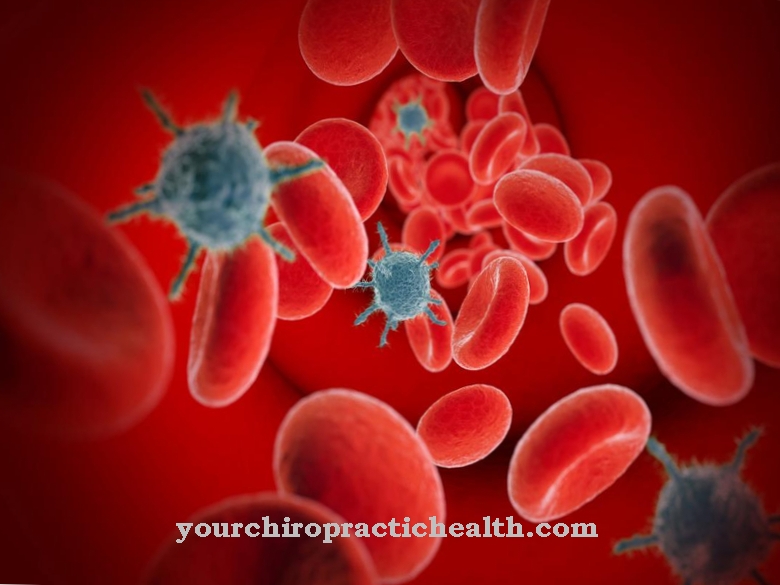

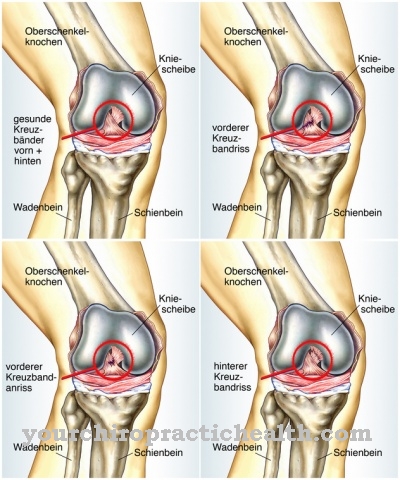
.jpg)
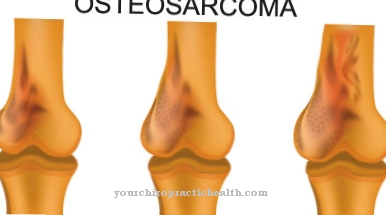
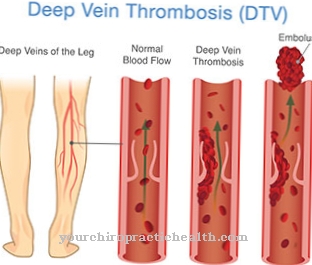

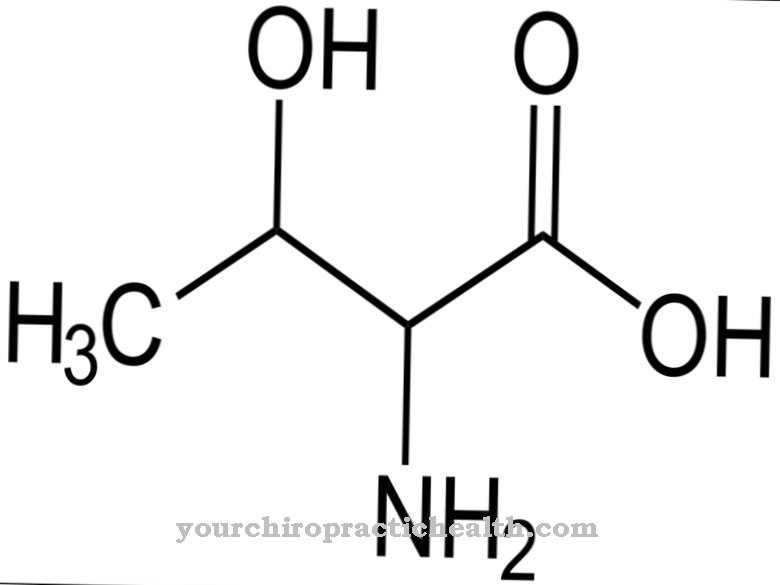
.jpg)


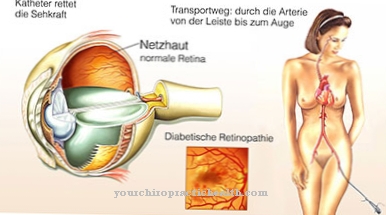
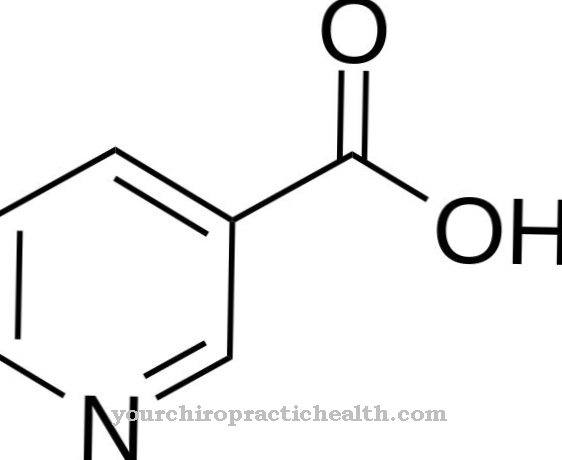


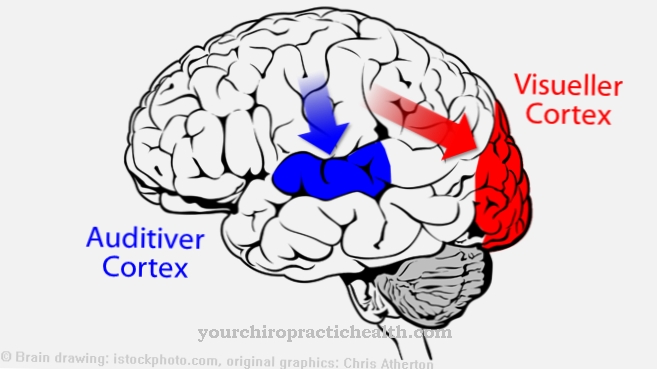
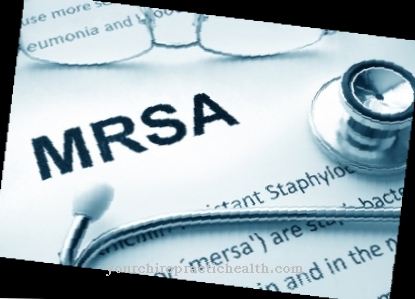

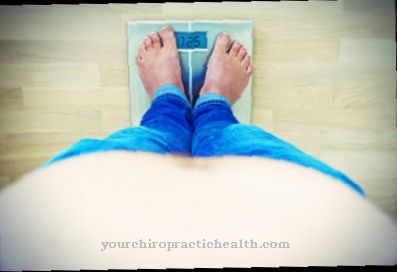
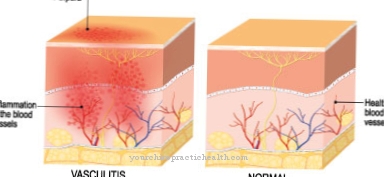

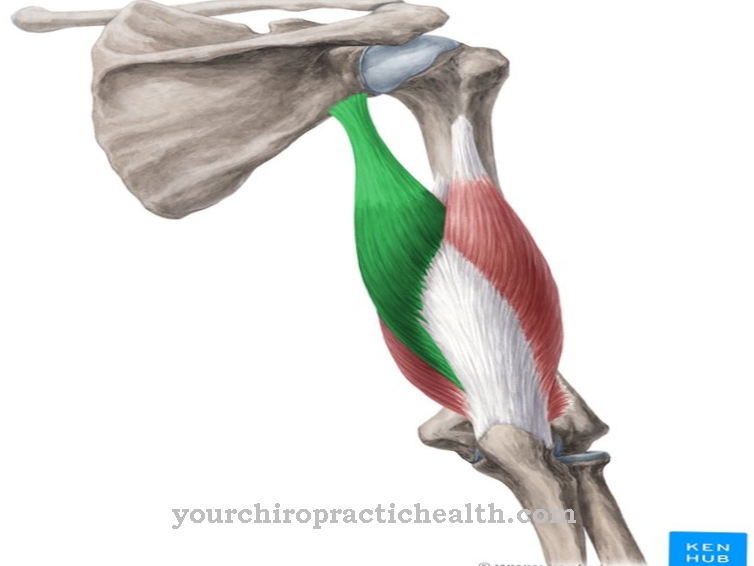
.jpg)

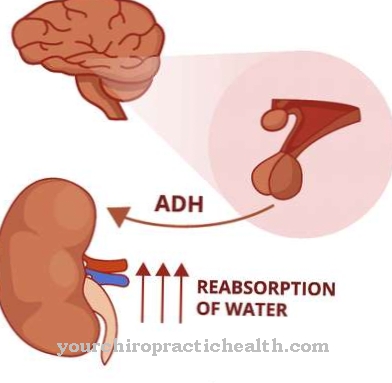

.jpg)
